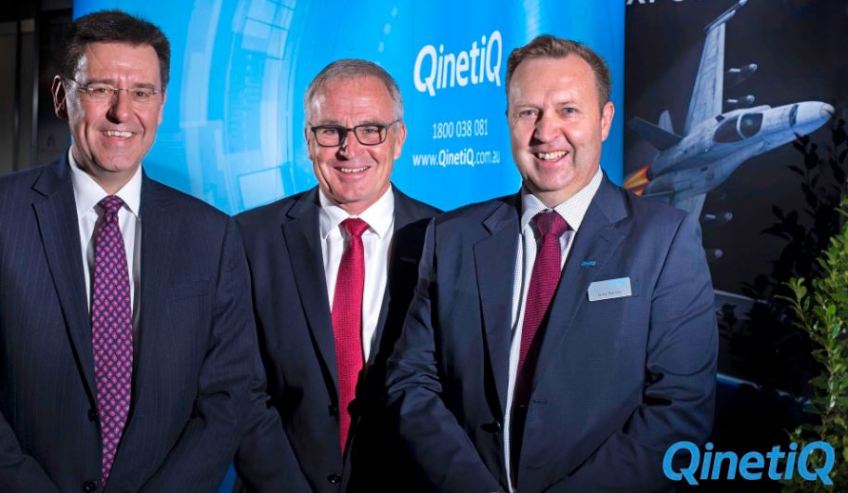QinetiQ has set out a clear strategy to home in on a new category of defence contracts, following its recent purchase of RubiKon.
QinetiQ managing director Greg Barsby told Defence Connect that the firm would now put in place a plan to transition to a larger value program, "a more whole-of-life cycle program offering".
"We will definitely be drawing upon RubiKon's capability in our pursuit of them, because pretty much every major opportunity you look at has quite a significant logistics requirement to it," he said.
Drawing on his own track record in maximising the advantages of successful mergers and acquisitions, Barsby offered some key recommendations for Australian defence organisations seeking to position themselves to be snapped up.
These included "being really clear about what the differentiators and the values are, because that's what's really important in the acquisition process".
Barbsy also underlined that it was crucial to understand the nature and inherent unlocked potential of these key differentiators. He said it was vital to be able to gauge how those factors could fit within the new business.
"You have to have a commonality of values, otherwise it just won't work,” he noted. “With the two… founders and owners of RubiKon, I thought there was a really good match of values, both personally and on the business side of things."
Meanwhile, RubiKon managing director Chris Otley-Doe said the company was boosted by a big name client when it launched about eight years ago.
"I suppose we were quite lucky because our first cab off the rank was Boeing and that immediately gives the CV a bit of credibility," he said.
"We grew further with that and started picking up defence work about three years into that process, and we've grown the business ever since. Often people concentrate on the acquisition, which is the buying of it, and yet two-thirds of the costs are actually in the supporting elements of it and a lot of organisations don't do that particularly well, so that was our forte."



